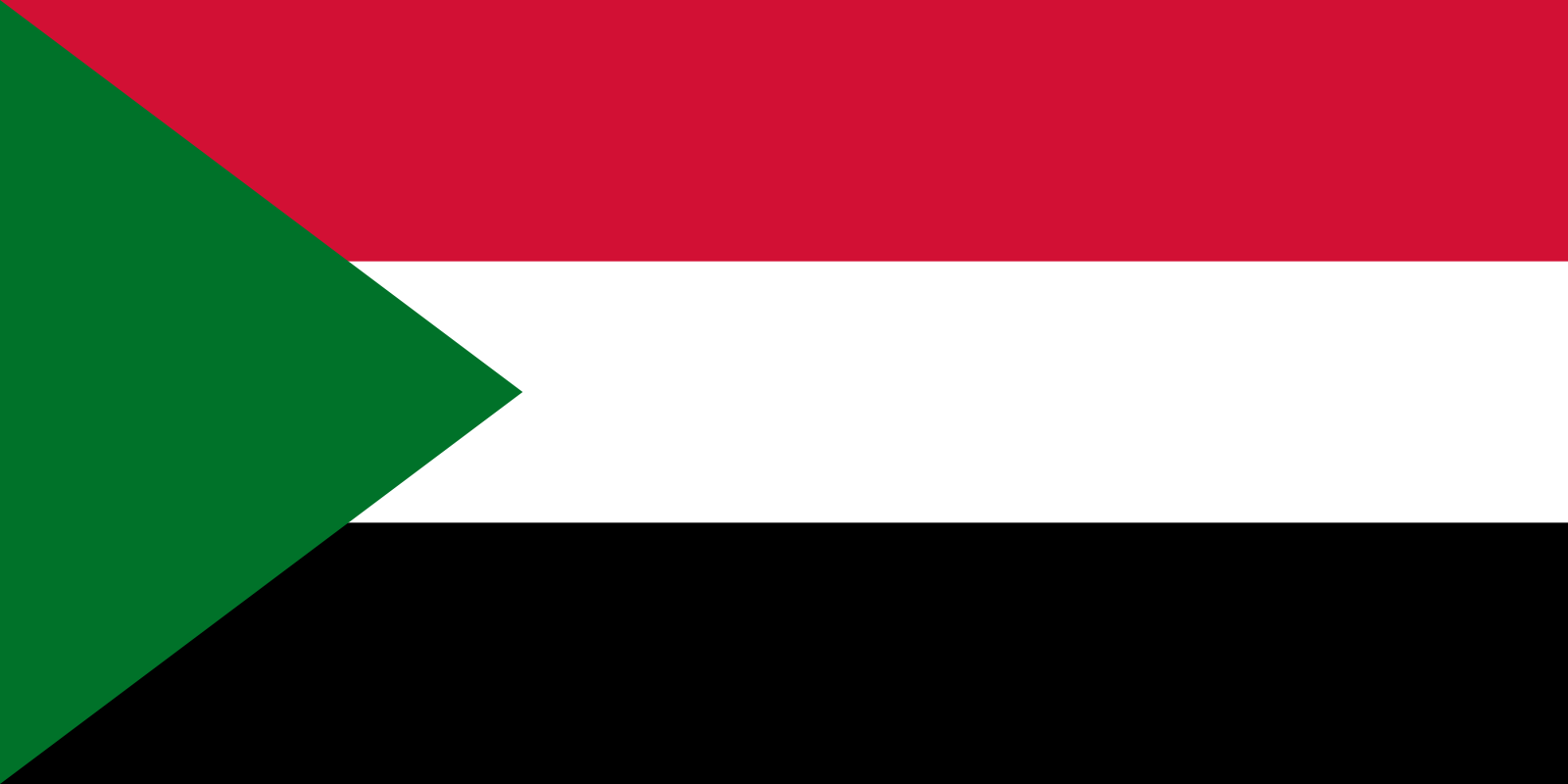Sudan
Sudan is a diverse and historically rich country located in northeastern Africa. Sudan, officially the Republic of the Sudan, is a country in Northeast Africa. It borders the Central African Republic to the southwest, Chad to the west, Egypt to the north, Eritrea to the northeast, Ethiopia to the southeast, Libya to the northwest, South Sudan to the south, and the Red Sea.

-
Capital: Khartoum
Important Cities:Omdurman, Port Sudan, Kassala, Al-Ubayyid, Nyala
Airports:
International Air Connectivity:
Khartoum International Airport connects Sudan to various international destinations, including major cities in Africa, the Middle East, and beyond.
Domestic Air Connectivity:
Several domestic airports provide services within Sudan, facilitating travel between cities like Port Sudan, Kassala, Al-Ubayyid, and Nyala.
Tourist Attractions:
Pyramids of Meroe: Ancient pyramids located near the town of Meroe, these are Sudan’s own version of Egypt’s famous pyramids.
Nubian Desert: A vast desert region offering unique landscapes and desert experiences.
Suakin Island: A historical island that was once an important port and trade center.
Nubian Desert: A vast desert region offering unique landscapes and desert experiences.
Suakin Island: A historical island that was once an important port and trade center.
Cuisine:
Sudanese cuisine is a blend of African and Middle Eastern flavors. Popular dishes include Ful Medames (stewed fava beans), Kebabs, and various bread like Kissra and Aish Merahrah.
Cultural Activities:
Sudan has a rich cultural heritage with influences from Arab, Nubian, and African traditions. Visitors can experience traditional music, dance, and vibrant markets. Henna art is a popular cultural practice, often seen during weddings and celebrations.
Accommodation:
3-Star Hotels: The Arwa Tower Hotel in Khartoum.
4-Star Hotels: The Grand Holiday Villa Hotel & Suites in Khartoum.
5-Star Hotels: Corinthia Hotel Khartoum.
4-Star Hotels: The Grand Holiday Villa Hotel & Suites in Khartoum.
5-Star Hotels: Corinthia Hotel Khartoum.
Transport Connectivity:
Rail: Sudan has an extensive railway network that connects major cities like Khartoum, Atbara, and Wadi Halfa.
Road: A network of roads and highways facilitates road transport within the country. Buses and taxis are common modes of transport for both locals and tourists.
Road: A network of roads and highways facilitates road transport within the country. Buses and taxis are common modes of transport for both locals and tourists.
Population:
Sudan’s population is estimated to be around 44 million people.
Religion:
Islam is the dominant religion in Sudan, with the majority of the population being Muslim. There are also small Christian and indigenous religious communities.
Languages Spoken:
Arabic is the official language of Sudan, and English is widely used in business and education. There are also various indigenous languages spoken, including Nubian and Beja.
Disclaimer:
The information above is for reference, and we do not accept any liability for inaccuracies or updates.